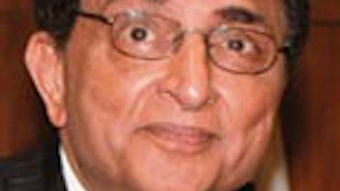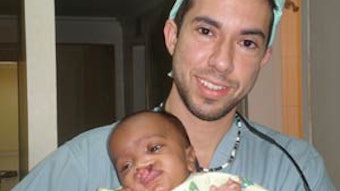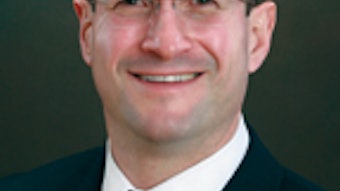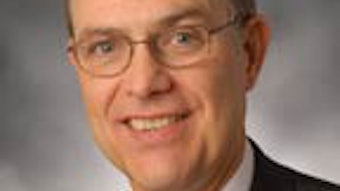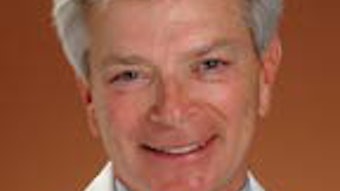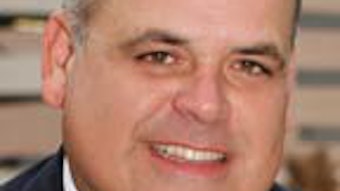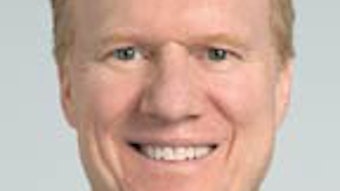Miniseminar: Humanitarian Goiter Surgery
Gregory W. Randolph, MD, coordinator for International Affairs, and Merry Sebelik, MD, chair-elect, Humanitarian Efforts Committee, have organized a unique miniseminar on thyroid surgery missions to the developing world. Drs. Sebelik and Randolph will lead this discussion 8 am – 9:30 am on Wednesday, September 14, 2011, at the Moscone Center, with panelists David L. Terris, MD; James L. Netterville, MD (regional advisor for Africa); and Sarah L. Rohde, MD. The panel will address the challenges they face in performing thyroid surgery on a humanitarian mission, including the ethics of surgical decision-making in low resource settings. Keeping best practices in mind, the panel will discuss ways to tailor treatment plans to the patient and the environment, and discuss opportunities for research and blending both public health and surgical care. To answer the question, “Where does surgical management of goiter fit in the global burden of surgical disease,” Dr. Sebelik will query the audience on its experience of goiter surgery in low-resource settings. Looking to the future, the panel will discuss the role of the humanitarian surgeon as a potential conduit for expansion of population screening treatment as well as plans for prospective research trial to assess the impact of iodine repletion and T3 supplementation. Sponsored by the Humanitarian Efforts and Ethics committees
Gregory W. Randolph, MD, coordinator for International Affairs, and Merry Sebelik, MD, chair-elect, Humanitarian Efforts Committee, have organized a unique miniseminar on thyroid surgery missions to the developing world.
Drs. Sebelik and Randolph will lead this discussion 8 am – 9:30 am on Wednesday, September 14, 2011, at the Moscone Center, with panelists David L. Terris, MD; James L. Netterville, MD (regional advisor for Africa); and Sarah L. Rohde, MD.
The panel will address the challenges they face in performing thyroid surgery on a humanitarian mission, including the ethics of surgical decision-making in low resource settings. Keeping best practices in mind, the panel will discuss ways to tailor treatment plans to the patient and the environment, and discuss opportunities for research and blending both public health and surgical care.
To answer the question, “Where does surgical management of goiter fit in the global burden of surgical disease,” Dr. Sebelik will query the audience on its experience of goiter surgery in low-resource settings.
Looking to the future, the panel will discuss the role of the humanitarian surgeon as a potential conduit for expansion of population screening treatment as well as plans for prospective research trial to assess the impact of iodine repletion and T3 supplementation.
Sponsored by the Humanitarian Efforts and Ethics committees
